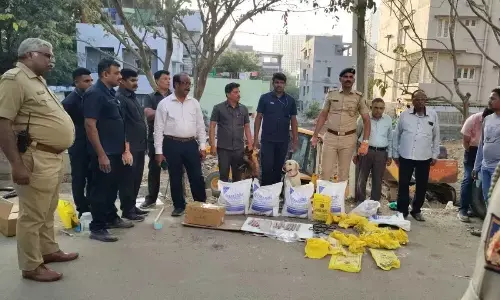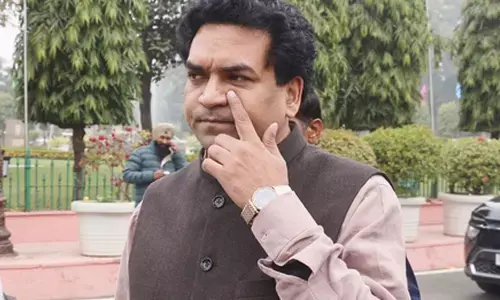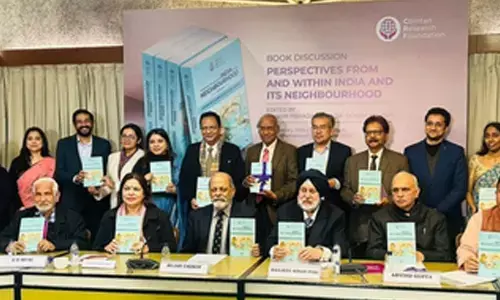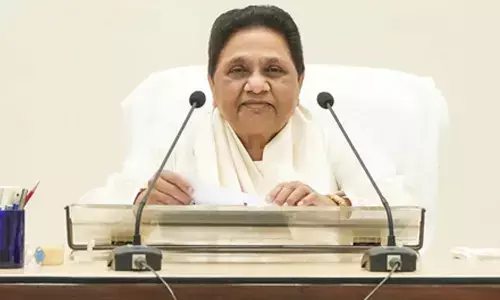NephroPlus summit proffers integrated solutions to kidney care
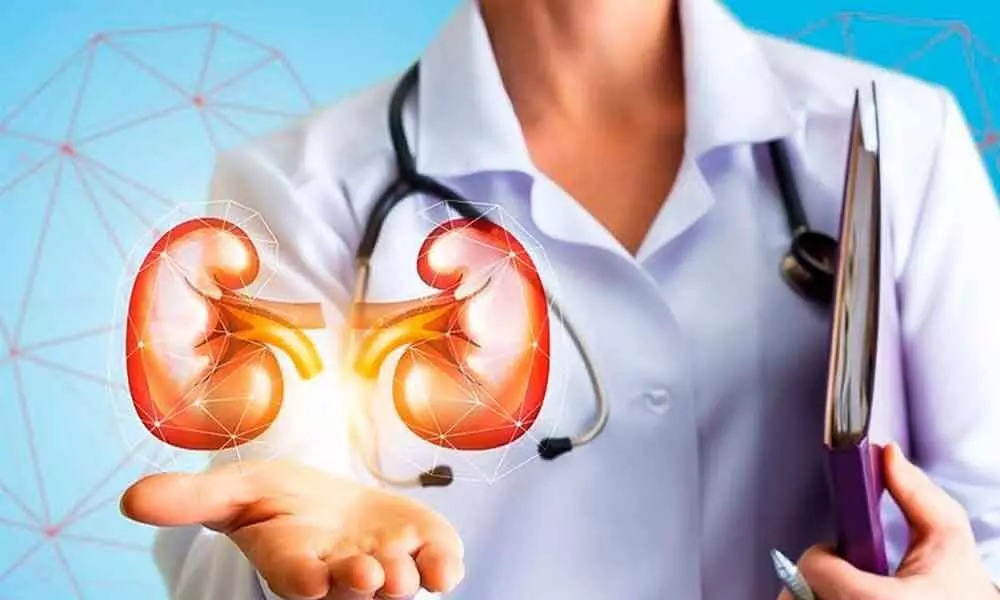
NephroPlus, India’s largest dialysis care network, convened a first-of-its-kind virtual summit recently on 6th March 2022, on the occasion of World Kidney Day, bringing together more than 700 proponents for Kidney Health & Dialysis Care in partnership with leading nephrologists, industry experts, mental health advocates, and clinical nutritionists to provide valuable data and experiential knowledge-sharing for the renal community.
NephroPlus, India's largest dialysis care network, convened a first-of-its-kind virtual summit recently on 6th March 2022, on the occasion of World Kidney Day, bringing together more than 700 proponents for Kidney Health & Dialysis Care in partnership with leading nephrologists, industry experts, mental health advocates, and clinical nutritionists to provide valuable data and experiential knowledge-sharing for the renal community. The burden of Chronic Kidney Disease (CKD) and risk factors like hypertension and diabetes are substantial and provide a solid rationale to share knowledge, inspire action and empower dialysis patients, their families, and care professionals.
The summit focussed on the importance of kidney health literacy and quality improvement initiatives in renal care by implementing practices to retard the progression of Chronic Kidney Disease (CKD). The rich, engaging discussions addressed some of the areas of improvement in CKD care such as patient education, CKD management, and quality improvement, in addition to the significance of proper diet and nutrition, mental health and therapy, as well as emotional and social support from families, care partners and the community for better patient health outcomes.
Dr Vivekanand Jha, Chairman of the Scientific Advisory Board at NephroPlus and immediate past President of the International Society of Nephrology, highlighted the concept of interdisciplinary care in kidney disease. This patient-centric approach has been associated with improved health outcomes and enlightened the attendees with the hopeful message that "although kidney diseases are common and harmful, they are treatable. His message heralded a high-level conversation among the best clinical minds in the industry on meaningful ways to improve morbidity and mortality for patients with CKD. Dr Jha also apprised the audience on the evolving "Chronic Care Model," a multi-level framework that focuses on improving care for patients with chronic diseases. It provides a holistic approach in identifying facilitators of better outcomes for individuals with chronic conditions in primary care settings and also provides substantial support to End-Stage Renal Disease (ESRD) patients
Another finding revealed at the summit was that there are 2.2 lakh, new patients of ESRD, every year, creating an annual demand for 3.4 Crore dialysis as the available 4,950 centers and infrastructure struggle to keep up with increasing demand. Speakers like Dr Shankar Prasad N, Professor, and Head of the Department of Nephrology, Kasturba Medical College, Manipal advocated a third option separate from dialysis and kidney transplant.
"Conservative Kidney Management (CKM) is something that many can consider as a third option. Dialysis has limitations and adverse effects, while kidney replacement is costly. With CKM, you can provide much-needed care to large populations. This is not for everyone, though, but patients who have a low tolerance to dialysis. Aged people and those whose death in one year won't be a surprise to family members can be placed on CKM. It doesn't include dialysis and is a patient-centric approach that aims at improving the quality of life of patients with chronic kidney disease," he said.
The topic of vascular access was covered by Dr Sundar Sankaran, Scientific Chairperson at the Summit & Head - International Transplant Services and Adjunct Prof. of Nephrology at Manipal Hospitals, Bengaluru, said: "As a method, a good vascular access enables effective removal of chemicals and fluid from the bloodstream." He chaired two lectures around vascular access through which knowledge on how accesses can be improved was elaborately discussed.
On his part, Dr Suresh Sankar, NephroPlus Senior Vice President, Clinical Affairs, attempted a demystification of the role of social media in renal care. "We must do more to teach people how to separate facts from fiction. Social media can be a useful tool if we take advantage of it. Still, we must also be careful to check the massive misinformation by unscrupulous people on the subject," he said.
Kamal D Shah, NephroPlus Co-Founder, who participated in the introductory discussion as part of an interdisciplinary team, was vocal about the management of ESKD and how changes to conventional approaches can bring about better results. "ESKD is becoming increasingly prevalent, and as professionals, we must rise to the occasion by developing cost-effective, sustainable, and accessible solutions to help dialysis patients," he stressed.
The summit was a restatement of NephroPlus' commitment to showing how renal patients can be better cared for based on their peculiar situations.











